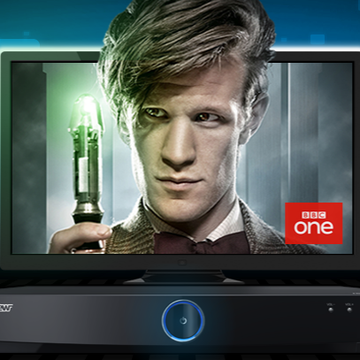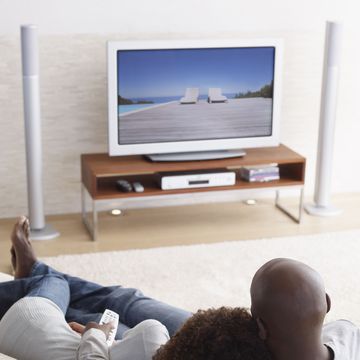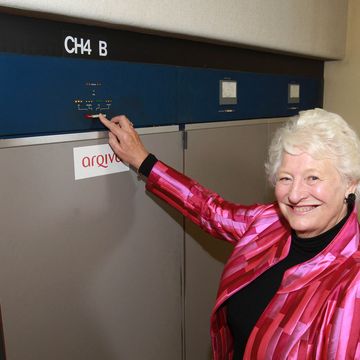Ofcom is likely to permit a BBC scheme designed to ensure that Freeview HD boxes will be equipped with copy protection technology, it emerged today.
Last month, the corporation wrote to Ofcom after third party content owners asked the BBC to undertake measures designed to ensure that all Freeview HD boxes would include copy protection systems as required by the Digital TV Group's D-Book, which sets technical standards for digital terrestrial television in the UK.
As Freeview HD will be fully unencrypted, the BBC is proposing to ensure compliance with protection standards on the upgraded Freeview HD multiplex by compressing the service information (SI) data, which boxes need to understand the TV services in the data stream.
To encourage boxes to adopt copy protection, the BBC will make its own look-up tables and decompression algorithm available without charge to manufacturers who implement the technology.
In a formal written response, Ofcom principal advisor Greg Bensberg said that wording of the licence would most likely need to be changed to reflect the fact that this new arrangement is permitted.
However, before going ahead with any actual changes, the regulator is seeking feedback from relevant parties on the potential impact of this approach on the overall DTT platform, with a deadline of September 16 set for submissions.
The BBC had suggested that as an alternative to the SI compression scheme, the Freeview HD multiplex may have to adopt encryption. Bensberg said that it would appear "inappropriate to encrypt public service broadcast content on DTT".
"The current licensing regime requires that content is broadcast free-to-air," he added. "Any proposed change to this would require careful consideration and may involve a lengthy process."




